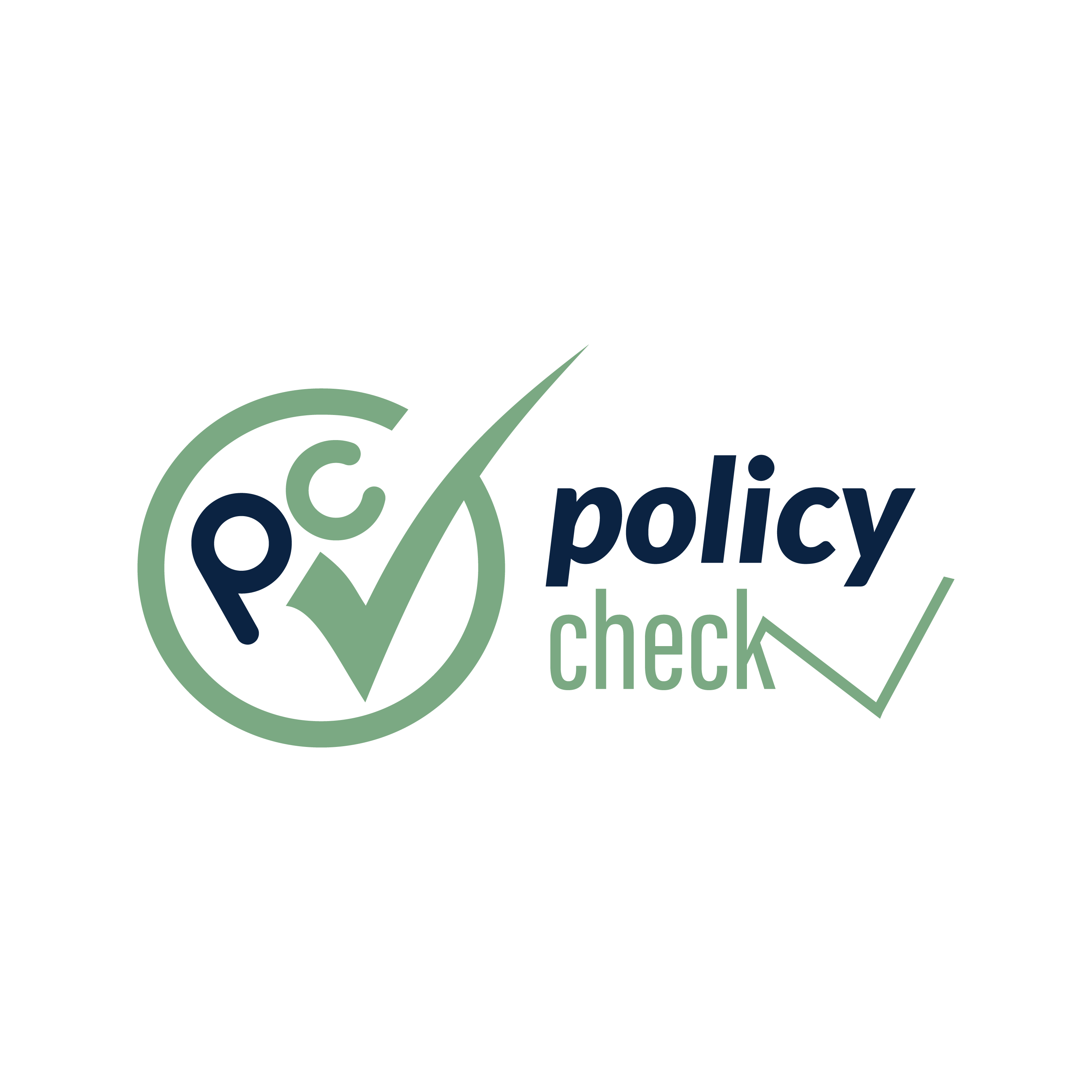Introduction
Today article we discuss Disadvantages of Paying Off Mortgage UK. For instance, if you get a fat bonus or an adoption allowance or a salary raise, the first extra temptation will be to clear the home loan. But, paying off a mortgage is an inherently involved decision that does not require you to rush; rather, it is always advisable to consider all the benefits and drawbacks of this act, even if you are initially determined to do so.
Having a steady and reliable income, an immediate payment of slander debt is a dream; nevertheless, emission of such funds monthly, apart from paying the set payments and assignees the messenger is too beneficial for the effective management and dealing with other or even better matters in life. This article discusses extensively about the Ideally, throwing one’s loan into the gutter is not automatically an act of impossibility. Just keep in mind that if you can effectively deal with a
Potential Loss of Liquidity
The lack of liquidity is among the most significant challenges that go along with the idea of paying off a mortgage. Liquidity is actually a measure of how easily /safely/ quickly your money can be converted into cash. In other words, when you untie a big amount of your savings in order to fully pay back your loan, you may find yourself not having ready cash but being asset-rich instead.
Sarah’s case should be analyzed for better understanding
Sarah had £100,000 in savings and the remainder of her mortgage debt was only £80,000. She chose to pay off the loan, thus only £20,000 was remain in her account for emergencies. Not long after that, an emergency medical case occurred and she had to spend £15,000. Now, Sarah’s liquid savings are almost exhausted, thus she is financially exposed.
It is vitally important that one sets a budget that includes unexpected costs to carter for it. Most of the time, financial advisors recommend keeping aside three to six months of one’s living expenses. Yet, depleting some of your savings to eliminate debts can threaten this assurance.
Opportunity Cost of Alternative Investments
When you pay off a mortgage you divert the money that can be invested in other possible areas. The opportunity cost is the dissimilarity between the return to an investment you have made and the return on an alternative investment in case you had done that.
A good example is if your interest rate for your mortgage is 3% but you have a chance to invest in a portfolio with a yield of 5%, paying off your mortgage is not the best choice if looked at from the financial point of view.
Let’ s look at it in more detail:
- Mortgage Interest Rate: 3%
- Potential Investment Return: 5%
- Difference: 2% (the potential gain of investing the funds instead of paying off the mortgage)
With time, the above-mentioned difference can snowball and be the reason for a very serious increase in wealth. It is a must to evaluate the level of your risk and the potential investment options before deciding.
Loss of Tax Relief Benefits
In the UK, some mortgage types afford tax benefits. One of them is the buy-to-let property, where the mortgage interest can be subtracted from the rental to lower the taxable profit. By settling that kind of mortgage, you might face a surge in tax liability.
Let’s consider an example:
John has a rental property with an annual mortgage interest payment of £5,000. The amount is subtracted from his rental income and thus reduces his taxable income. On the other hand, if he decides to pay the mortgage, this way, he does not lose the deduction, thus he may pay lower taxes.
A word of caution is to first seek advice from your tax professional and comprehend the possible consequences before reaching a final decision.
Early Repayment Charges
Most mortgage contracts feature the early repayment charges (ERCs) in which you are supposed to pay during the loan term. Even though the charges can be quite high, the profit from early repayment may not be as large as expected.
Setting the scene:
Emma is a borrower who has been on a fixed-rate mortgage for five more years now. If she repays the loan out of the schedule, then her lender shall ask for an ERC equal to 2% of her outstanding balance. Emma’s remaining mortgage debt to reach to clear the mortgage before the maturity of $150,000 would imply a $3,000 fine. That extra amount will be advantageous if she wants to pay her installment early.
Please, check your mortgage statement or get in touch with your lender to know your rights and obligations.
Impact on Credit Score
Mortgage loan is often called “good debt” and it helps to create a beneficial credit history. It is so, because in that case the payments are done on time and are thus not a concern for the institution lending money. Consequently, your credit history is improved, and you thereby get a higher credit score via this. The feeling of liberation that comes with house ownership might think you need a new line of credit and so mess the diversity in your credit mix. Also, a reduction in your credit score might become a potentiality.
Think about Mark’s experience
Mark’s portfolio comprised a mortgage, car loan, and some credit cards. Subsequent to the full repayment of his property mortgages, he experienced a slight decrease in his credit score, which resulted from his credit accounts being less diverse.
It’s definitely not the only thing you decide upon, it is a thing you should always take care of, and specifically if you are thinking about applying to other credit providers in the nearest future.
Inflation Considerations
Inflation tends to create the impression that cash has less value over time in real terms. Should the payment for your fixed interest mortgage reduce with the rising inflation rate, the less you repay in terms of real value will be remaining. This seemingly unprofitable interest may be more attractive when the mortgage is retained while financial excess is channeled into other projects.
Example:
The mortgage loan Lisa has is fixed at a rate of 2.5%. Today’s inflation is about 3%. Her mortgage debt is actually getting cheaper in real terms thanks to the ever-hiking price levels. Yet, low-interest debt might not be that lucrative an option because…
Emotional and Psychological Factors
The psychological attitude of getting rid of a debt obligation is to be considered lightly. Supply the house owners with peace of mind first for the most part; nevertheless, it is advised to keep balance between these emotional and financial advantages. Providing these factors are being managed well, the low debt you have is not so much important than liquidity or better investment opportunities one could secure while sticking to it.
Reflect on David’s choice:
David was among the people who were fed up with paying off their mortgages to acquire the peace they desired. Nevertheless, his perspective changed when he learned he could have invested the same money in something that would have given him a fixed investment income and, at the same time, chances for growth.
Conclusion
Deciding to pay off a mortgage [“mortgage payoff”] is a multifaceted matter that needs to take many things into account or aspects such as personal characteristics, financial objectives, or general economy. A voice of prudence here suggests checking the available liquidity, the investment type, the tax rate, and fees as well as feeling or not comfortable with debt.
If you want to make a decision, hire a financial adviser to evaluate your personal financial situation. Just recall, although it might be very nice to be free of a mortgage, it is very important that you check whether this is the right decision for your financial and long-term goals.








